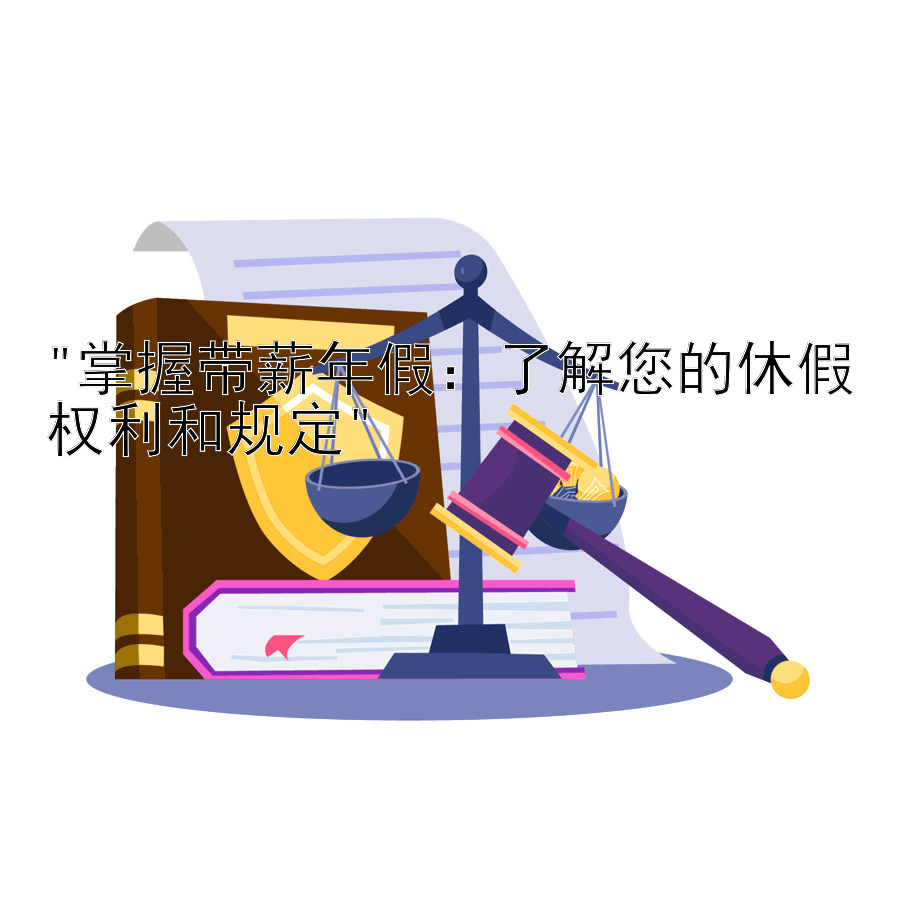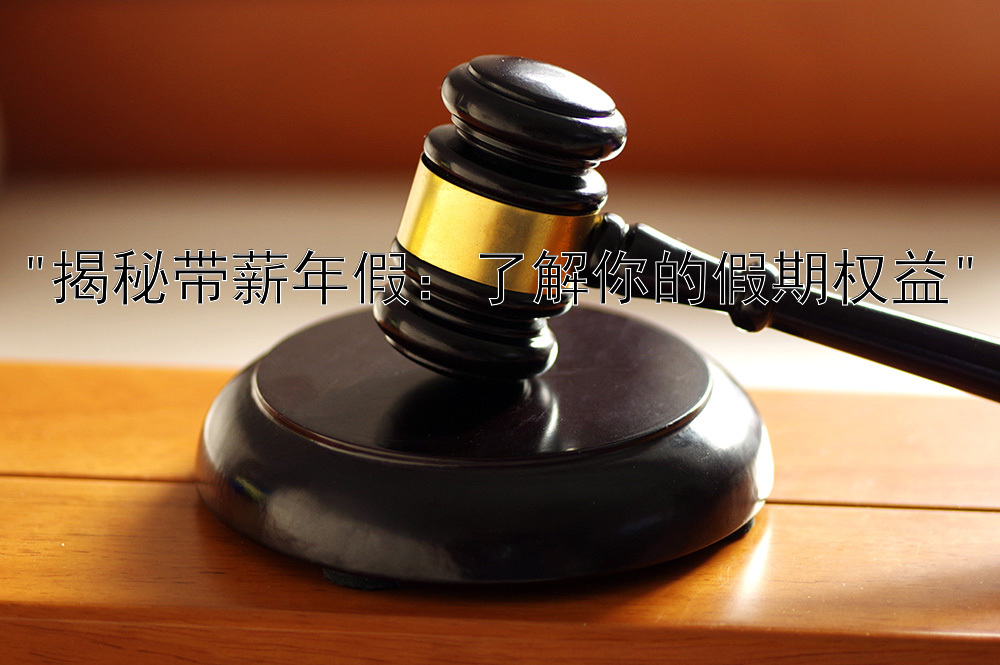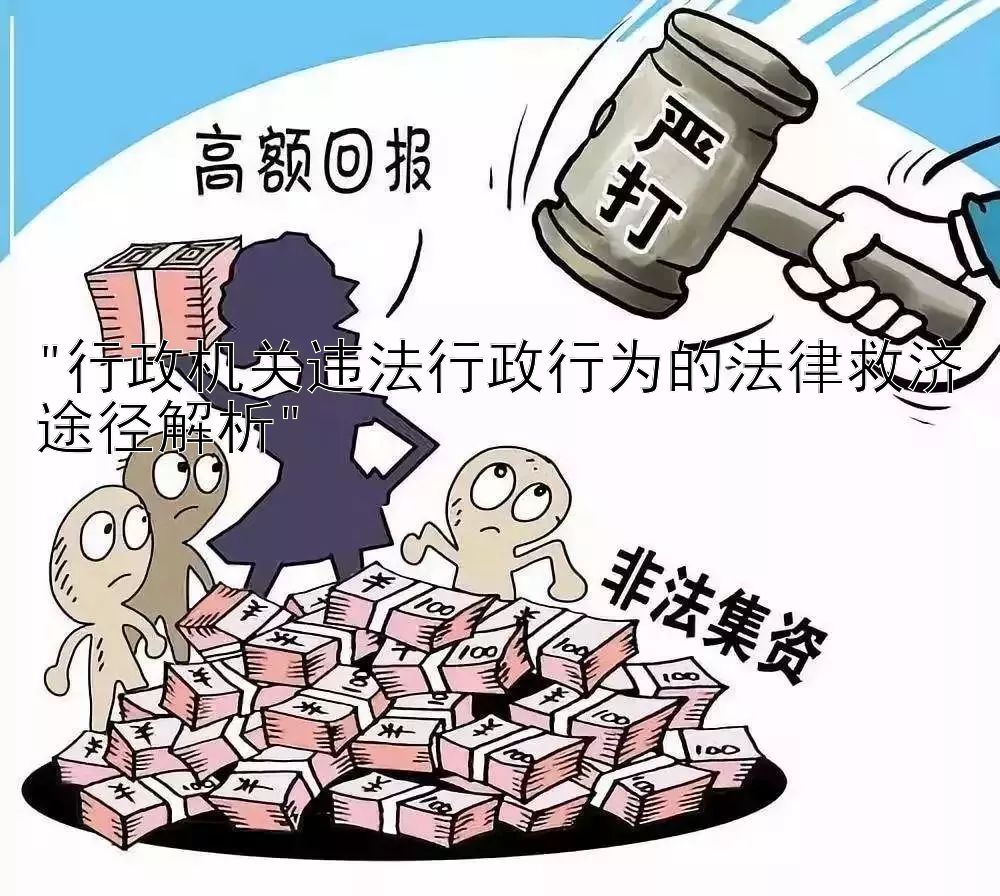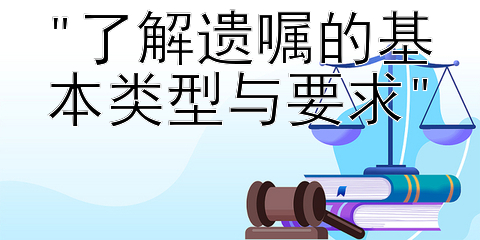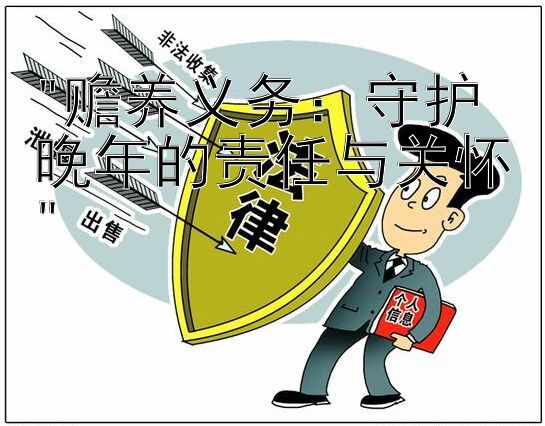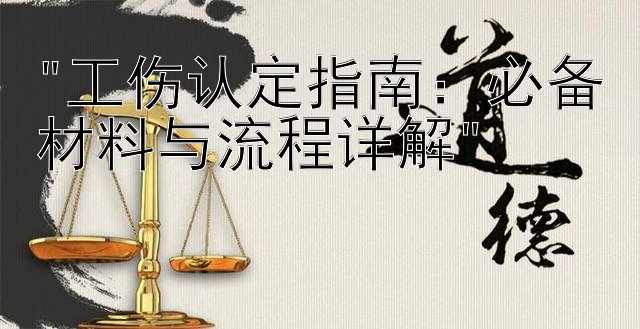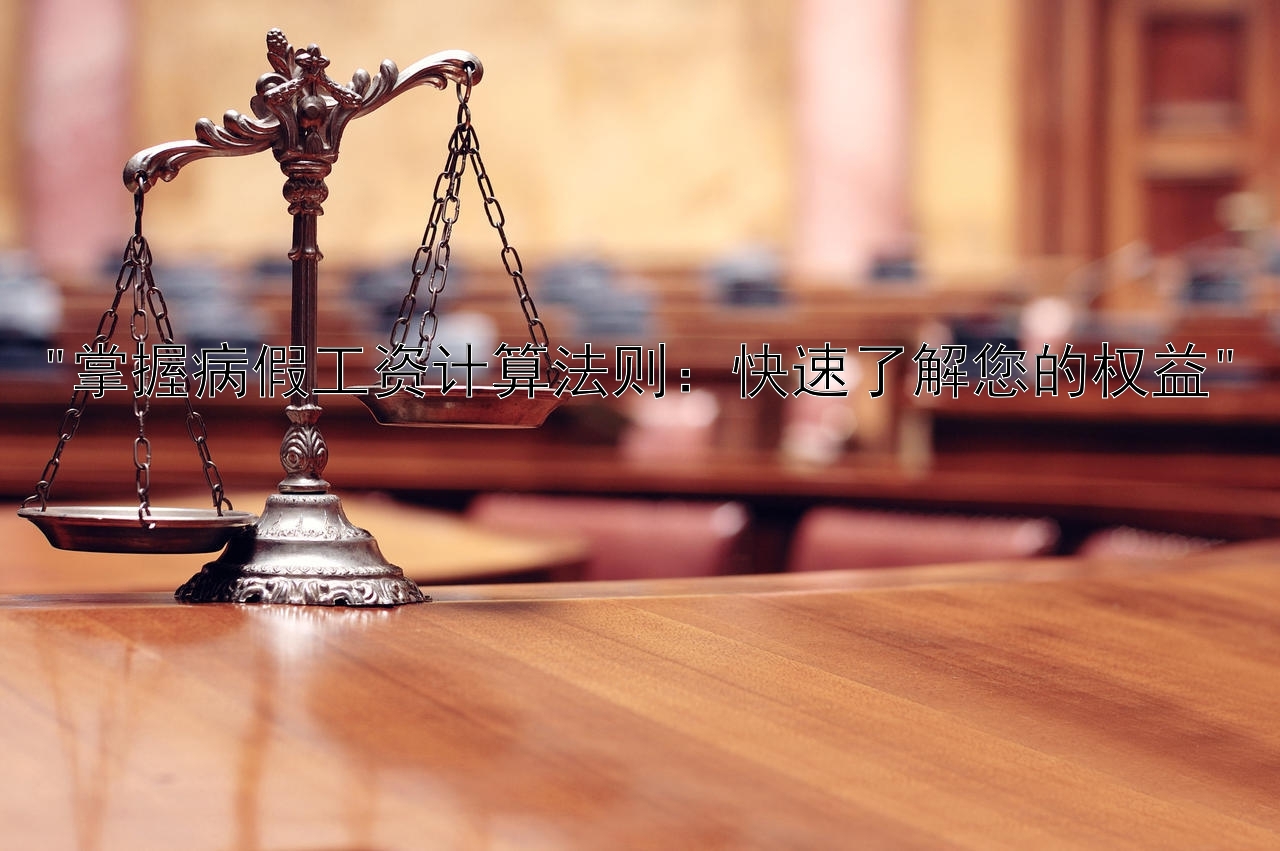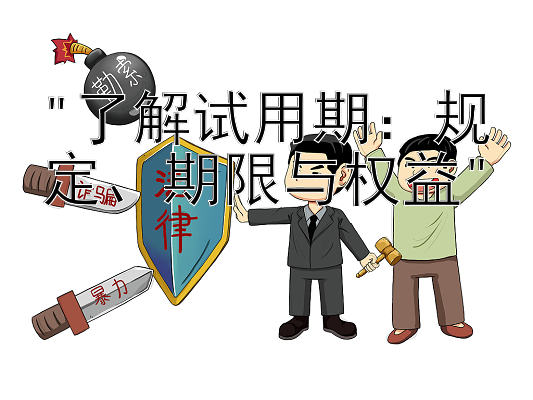在行政诉讼中,举证责任的分配是一个关键的法律问题,它直接影响到案件的审理结果和行政行为的合法性判断。根据我国《行政诉讼法》和相关司法解释的规定,不同主体在不同情况下承担了不同的举证责任。以下是对行政诉讼中主要主体的举证责任的详细解析: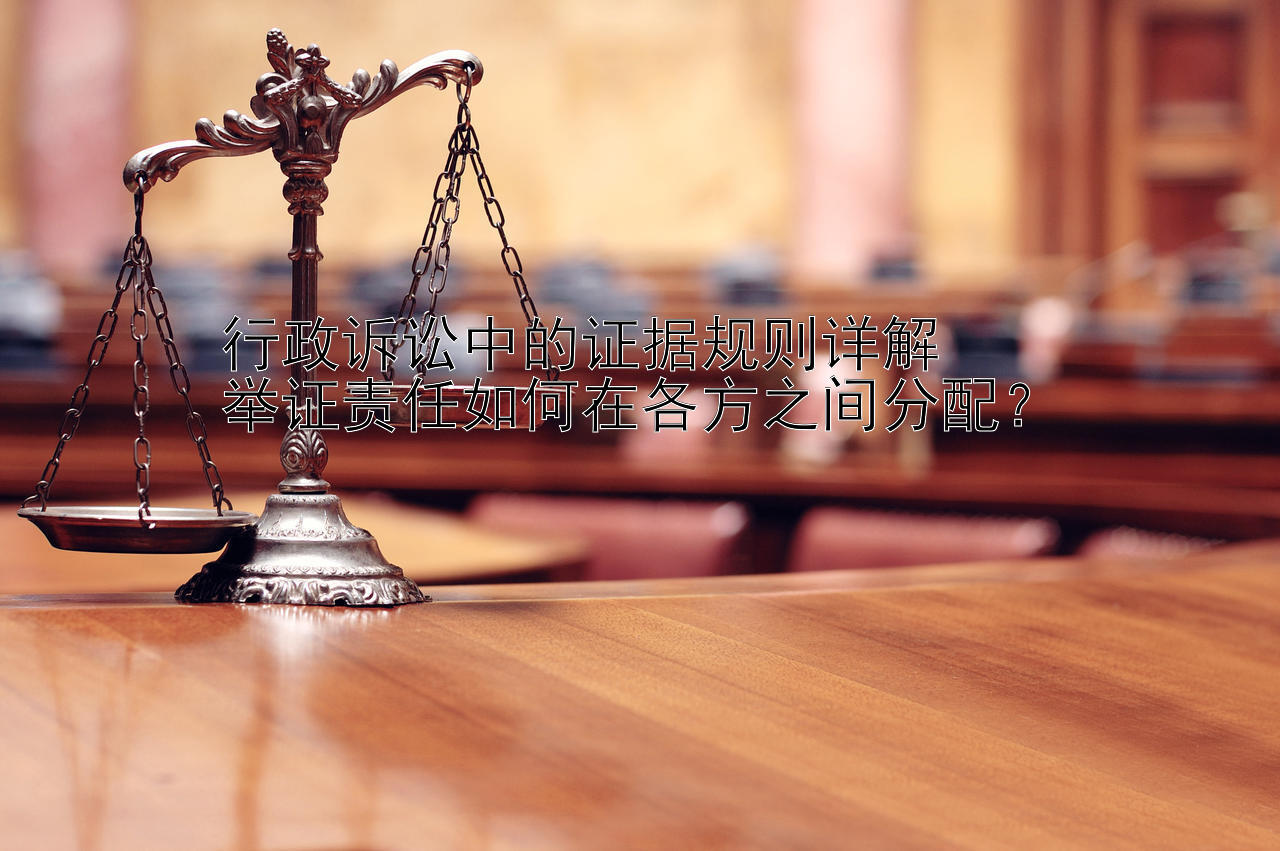
- 原告(即提起行政诉讼的公民、法人或者其他组织):
- 证明起诉符合法定条件:原告应当提供证据证明其与被诉行政行为有法律上的利害关系,以及该行政行为对其权益产生了实际影响。例如,如果原告主张行政机关的行为侵犯了他的财产权,他需要提供证据证明自己对该财产的所有权或使用权等。
- 证明具体诉讼请求所依据的事实: 原告需就其提出的各项请求所依据的事实提供证据支持。如要求撤销行政许可决定的,应提交证据证明行政许可决定违法或者不当。
-
不适用调解原则下的证明义务:对于涉及国家利益、公共利益或者他人合法权益的事实,即使法院认为不宜公开质证,原告也负有提供证据的责任。
-
被告(即作出被诉行政行为的行政机关):
- 证明行政行为合法性的基础事实:一般情况下,行政机关应对被诉行政行为合法性负举证责任,包括证明行政行为的证据、依据和理由。比如,行政机关要证明自己的行政处罚行为合理合规,就需要提供相应的执法记录、法律依据等材料。
- * Responding to your comment:*
Thank you for pointing out the potential confusion regarding the term "silent" in my previous response. I apologize if it caused any misunderstanding. When discussing the burden of proof, "silence" is not typically used as a legal term or concept in this context. Instead, we should refer to the absence of evidence or lack of rebuttal from one party as part of the overall evidentiary process.
In an administrative proceeding, when one side fails to present evidence on certain issues that are essential to their case, it can be detrimental to their argument and potentially lead to adverse findings by the court or tribunal. This does not necessarily mean that silence itself constitutes evidence; rather, it may create a gap in the presented facts that could influence the outcome of the case based on the available evidence. The other party's arguments and evidence might then carry more weight due to the missing information.
To clarify further:
-
Plaintiff (the individual or entity bringing forth the lawsuit):
- Must prove that they have standing to sue - meaning they have suffered some sort of injury due to the defendant's actions.
- Has the initial burden of presenting evidence supporting each element of their claim against the defendant.
- If the plaintiff presents sufficient evidence but the defendant does not provide contrary evidence, the court may find in favor of the plaintiff based on the strength of their case without needing additional explanation or justification from them.
-
Defendant (the individual or organization being sued):
- Typically has a duty to defend themselves against allegations made by the plaintiff.
- May introduce evidence disputing or refuting claims brought forward by the plaintiff during discovery phases leading up to trial.
- Can argue affirmative defenses which shift some aspects back onto plaintiffs such as contributory negligence where applicable under relevant statutes/case law etc.
- 行政诉讼中的证据规则详解 举证责任如何在各方之间分配?
- 劳动争议中的举证责任如何划分? 证据提交需要满足哪些要求?
- 2024行政诉讼证据新规:关键变化与实务影响解析
- 行政复议与行政诉讼:如何实现有效衔接?
- 2024年行政诉讼法新案例解读:公民、法人和其他组织权利保护的进步
- 行政诉讼举证责任的特殊性:与民事诉讼差异解析
- 环境污染侵权责任构成要件 举证责任倒置原则详解
- 揭秘行政诉讼:了解受案范围、起诉条件与审理流程
- 行政诉讼中的法律盾牌:保障公民权益的策略与实践
- 深入了解:行政复议与行政诉讼的法定程序与条件解析
- 行政诉讼被告资格的确定原则与具体情形解析
- 揭秘行政诉讼一审判决:类型划分与适用标准解析
- 2024年行政诉讼法案例解读与法律前沿解析
- 2024年行政诉讼审判监督程序变革全解析
- 2024年行政诉讼判决执行:最新法律规定的解析
- 探索2024年行政诉讼简程序的创新调整
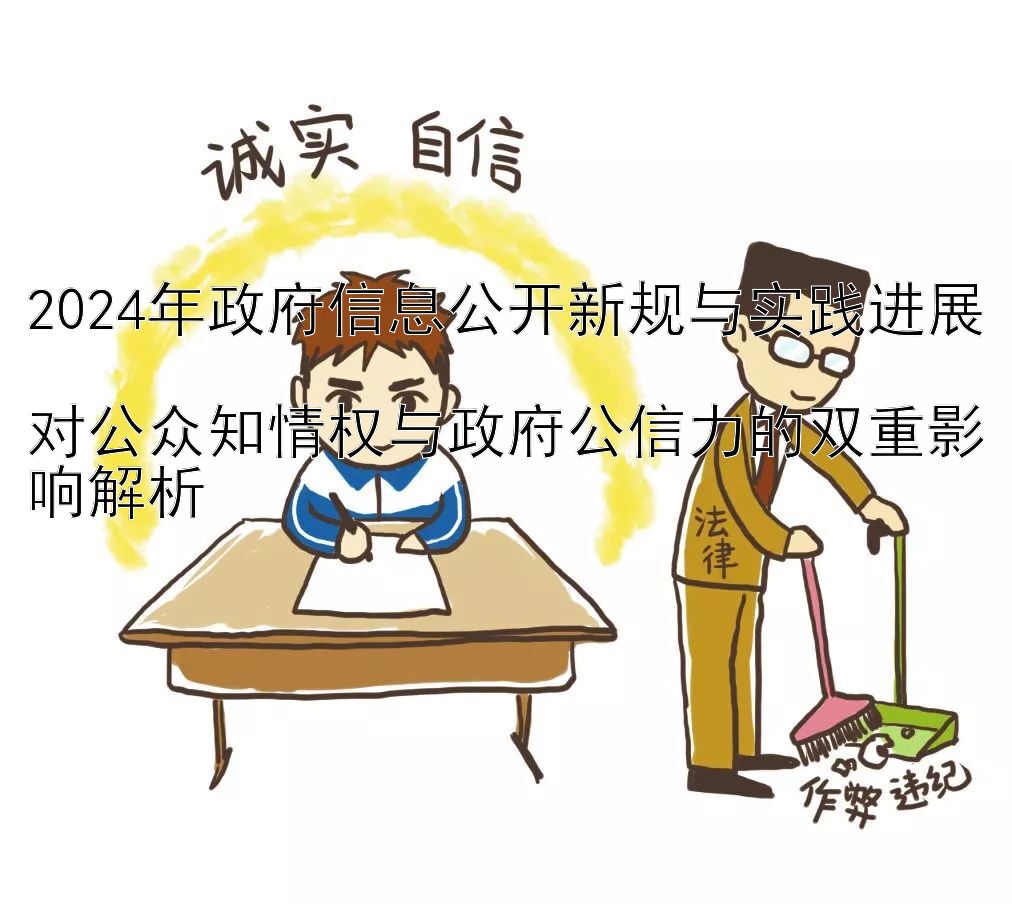 2024年政府信息公开新规与实践进展
对公众知情权与政府公信力的双重影响解析
2024年政府信息公开新规与实践进展
对公众知情权与政府公信力的双重影响解析
- 著作权受侵怎么办?法律赋予作者的救济途径详解
- 2024反垄断宽大制度更新:最新法律条款解析与典型案例分享
- 2024 年我国法学界在 [具体法律学科] 领域 涌现哪些创新研究成果与前沿学术观点?
- 2024年食品安全监管信息化新规: 最新法律要求与合规指南
- 2024年传染病防治新规: 法律修订与最新防控措施解析
- 2024年宪法:推动国家治理体系与治理能力现代化的关键力量
- 2024最新消费者权益保护:公益诉讼法律要点解读
- 2024新规:法律强化政府责任与社会参与 推动教育资源均衡与公平保障
- 2024年重大建设工程合同纠纷 案例剖析与法律应对策略
- 2024年重大恶性案件挂牌督办 最高检聚焦涉黑恶案件重拳出击
